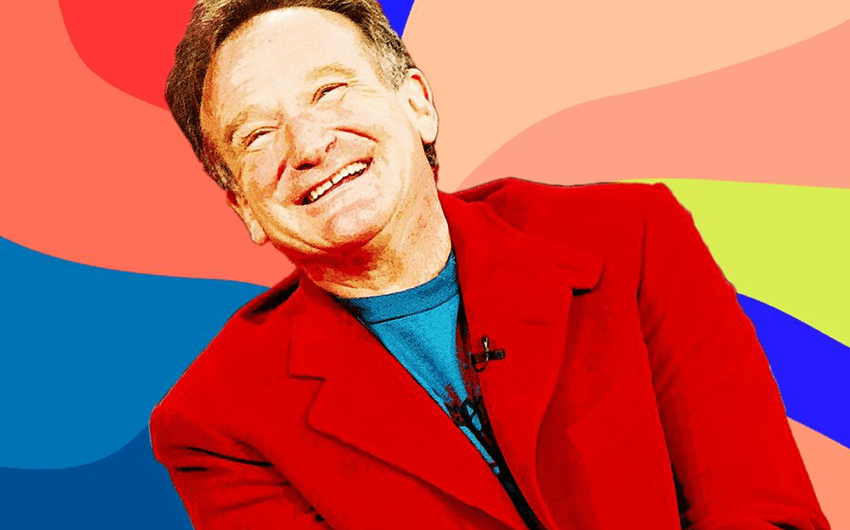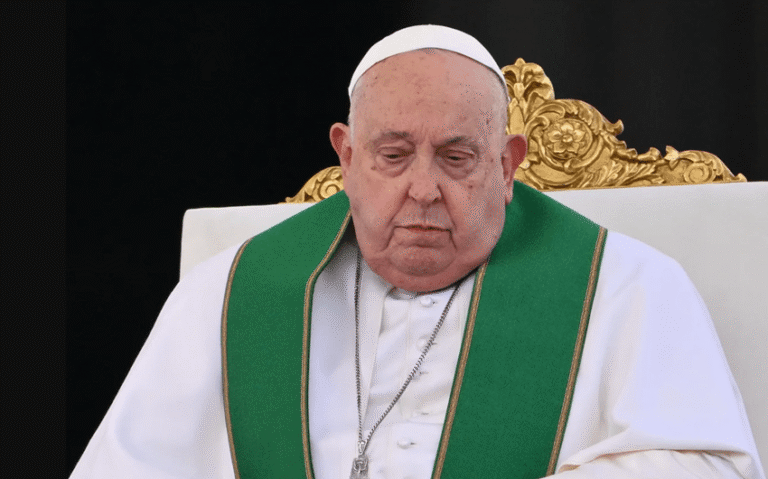Robin Williams Net Worth: What the Comedy Icon Left Behind Financially
You know Robin Williams for his unmatched humor, heartfelt performances, and boundless energy—but have you ever wondered what his net worth was at the time of his passing? Behind the laughter and iconic roles was a financial story that blended massive earnings, charitable generosity, personal challenges, and a surprising legacy. Robin Williams didn’t just leave behind unforgettable characters—he left behind a financial history worth understanding.
What Was Robin Williams’ Net Worth at the Time of His Death?
At the time of his death in August 2014, Robin Williams had an estimated net worth of $50 million to $100 million. Different sources offer varying figures due to the complex nature of his estate, legal arrangements, and personal expenditures over the years. While at one point his fortune was significantly higher—some estimates suggest upwards of $150 million—several factors contributed to the reduction, including divorces, real estate costs, and medical issues.
Even so, a net worth of $50+ million is a massive testament to a career that spanned more than four decades, combining stand-up comedy, blockbuster films, voice acting, television, and theater.
How Did Robin Williams Build His Net Worth?
1. Film and Television Earnings
Robin Williams earned some of the highest salaries in Hollywood during his peak. You probably remember his legendary roles in films like Mrs. Doubtfire, Good Will Hunting, Dead Poets Society, and Patch Adams. These roles were not just career-defining—they were highly lucrative.
He reportedly earned $20 million for films like Bicentennial Man and RV. Even in smaller roles, such as his appearance in Night at the Museum as Teddy Roosevelt, he commanded significant paydays. In total, Williams’ film career grossed over $5 billion at the global box office, making him one of the most commercially successful actors of all time.
2. Voice Acting and Royalties
Robin’s voice work as the Genie in Disney’s Aladdin is still one of the most iconic performances in animation history. What you might not know is that he took the role for just $75,000, far below his market rate, as a gesture of goodwill toward Disney—he wanted to create something timeless for kids.
However, after Disney used his voice to market merchandise without his permission, a public dispute emerged. Disney later apologized and gifted him a Picasso painting as part of a peace offering. While the role didn’t earn him millions up front, the exposure and legacy added intangible value to his brand, and his voice work continues to bring in royalties that contribute to his estate’s long-term earnings.
3. Stand-Up Comedy and Tours
Robin Williams’ comedy specials were both critically acclaimed and commercially successful. His stand-up tours in the early 2000s, such as the “Weapons of Self-Destruction” tour, were major events, often selling out large venues across the U.S. and internationally.
While specific figures are hard to confirm, major comedy tours can earn performers millions per leg. His specials for HBO and subsequent DVD releases generated strong sales and residuals. Stand-up wasn’t just where he started—it remained a powerful income stream throughout his life.
4. TV Work and Syndication
Williams first rose to fame on Mork & Mindy, which aired from 1978 to 1982. His breakout TV role earned him massive visibility and helped launch his film career. Though television salaries weren’t as high then as they are today, the show was syndicated and re-run globally for decades, adding residual income to his portfolio.
He later returned to television with the CBS series The Crazy Ones in 2013. While the show was short-lived, he reportedly earned $165,000 per episode, showcasing his continued value even late in his career.
What Expenses Affected Robin Williams’ Net Worth?
1. Divorces and Settlements
Robin Williams went through two divorces, and both significantly impacted his finances. He was married three times in total, and divorce settlements with his first two wives reportedly cost him more than $30 million. In several interviews, he joked—honestly and painfully—about how much he paid in alimony.
These expenses played a major role in reducing his net worth from its peak. They weren’t the result of reckless spending, but of legal obligations and personal transitions. If you’ve ever wondered why a wealthy celebrity “only” has $50 million, these real-life challenges often explain the gap.
2. Real Estate and Lifestyle
Robin owned multiple homes, including a Napa Valley estate and a mansion in Tiburon, California. The Napa property was listed for $29 million in 2012 but didn’t sell immediately. High-end properties come with high maintenance costs, taxes, and insurance—expenses that eat into net worth over time, even if the properties appreciate in value.
While he wasn’t known for wild extravagance, Williams lived well and gave generously. His wealth funded not just a comfortable life for himself and his family, but also quiet philanthropy that often went unreported.
3. Health and Career Slowdown
In his later years, Robin faced serious health challenges, including a misdiagnosis of Parkinson’s disease (which was later identified as Lewy body dementia). These issues affected his ability to work consistently, which inevitably impacted his income in the final years of his life.
Even so, he continued to act, perform, and create until the very end—testament to his resilience and dedication. But a reduced work schedule naturally meant fewer earnings, making financial preservation more important than growth during that phase of his life.
Did Robin Williams Leave a Will or Estate Plan?
Yes—Robin Williams left behind a detailed estate plan to protect his family and ensure his assets were distributed according to his wishes. He established trusts for his children and wife, designed to minimize legal complications. However, even with those precautions, disputes arose after his death regarding personal belongings and sentimental items, which led to brief court proceedings.
Still, compared to many celebrity estates, his financial affairs were relatively well-organized. The trusts helped prevent major tax issues and shielded most of his wealth from probate. His planning reflected a desire to leave stability and peace behind, even as his passing shocked the world.
What Is Robin Williams’ Estate Worth Today?
Today, Robin Williams’ estate continues to generate income through royalties, licensing, and residuals. His movies are still widely streamed, aired on television, and sold globally. His image and voice remain valuable intellectual property. While the exact value of his current estate is private, it continues to grow incrementally year after year.
You might not think of comedians as legacy builders, but Williams’ library of performances has created a financial engine that outlives him. Whether it’s streaming Jumanji or quoting lines from Good Will Hunting, fans are still contributing to the ongoing financial life of his work.
Final Thoughts
Robin Williams’ net worth is more than just a number—it’s a story of talent, struggle, generosity, and smart (but sometimes painful) choices. You saw him as a source of joy, but behind that was a man managing massive earnings, personal storms, and the challenge of staying grounded while flying so high. His financial legacy, like his artistic one, is built to endure—quietly, respectfully, and with the same sincerity that defined his life.
image source: https://www.latimes.com/entertainment-arts/story/2022-08-07/la-et-comedy-issue-commentary-the-best-lesson-in-comedy-is-learning-how-to-laugh-at-yourself







